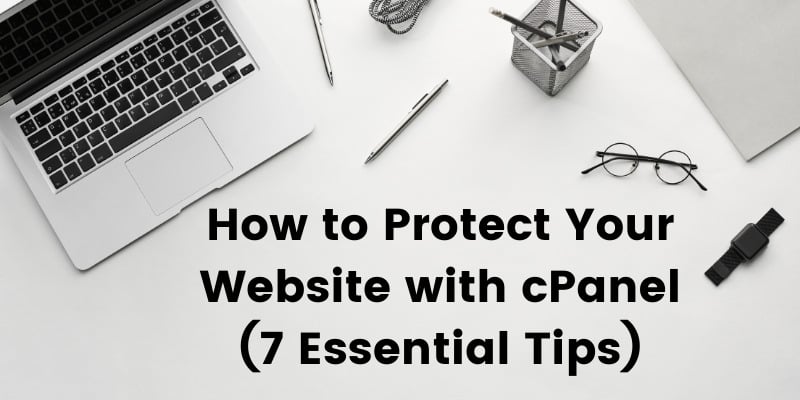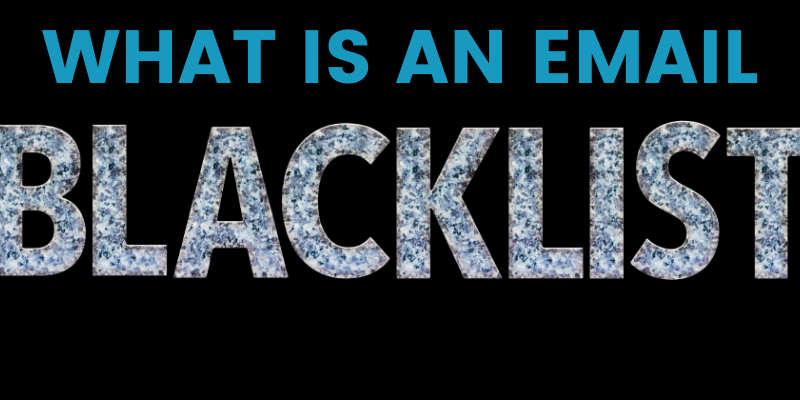- Jan 07, 2019
 0
0- by A2 Marketing Team
In an age where internet security is more important than ever, it’s vital to let people know that your site is safe to use. A Secure Sockets Layer (SSL) certificate is a type of website encryption key that is crucial for protecting your site and its users from hackers.
Fortunately, there are many different SSL options you can use. Free SSL certificates are available to anyone who has a domain name. Paid SSLs offer the same base service, but provide your website with several additional features.
In this article, we’ll compare these SSL services, and help you decide which may be most suitable for your website. Let’s start with the basics!
Why Are SSL Certificates Important?
SSL certificates are complex, but in a nutshell what they do is encrypt your visitors’ connection to your site. This helps to protect both your site and customers from security breaches. SSL certificates act as the backbone of a more secure internet, and protect the sensitive information we all send over the web.
You can easily spot SSL-secured websites, as their URLs begin with HTTPS (rather than the old standard, HTTP). In some browsers, you may also see an icon in the browser bar that lets you know the site you’re visiting is secure. Google’s icon looks like a small padlock.
Naturally, an improvement to your site’s security is always a good thing. However, securing your site with an SSL certificate can also result in a few particular benefits:
- Improved Search Engine Optimization (SEO) and rankings: Google considers sites that have a SSL certificate to be more trustworthy, and tends to rank them higher on Search Engine Results Pages (SERPs).
- Improved visitor trust: Adding an SSL certificate also improves your users’ level of trust, since it proves that your site is actually owned by you or your business.
SSL certificates have recently become almost essential. In an attempt to improve the overall level of security on the web, Google now marks sites without HTTPS connections as unsecured. Most users won’t make payments on a site with these kinds of warnings, so not implementing SSL could mean lost sales (as well as a reduction in traffic for any site).
Free SSL vs Paid SSLs: What’s the Difference? (3 Key Categories)
There are several options available when selecting a SSL certificate, and its important to find the right choice for your site. This means selecting a Certificate Authority (CA) – the business you’ll buy your certificate from.
Free SSL is one of the most popular options on the market, as you can’t beat the price.
On the other hand, there are also plenty of paid SSL options. While you may wonder why you’d pay for a certificate you could get for free, the difference in price results from a number of key distinctions between free and paid SSL services. Let’s look at a few of the most important criteria.
1. Validation Levels
There are actually several different types of SSL certificates, which vary based on the level of validation they provide. The three main options are Domain Validation (DV), Organization Validation (OV) and Extended Validation (EV) certificates. Each offers a higher level of security than the last, and requires a more comprehensive vetting process.
Currently, free SSL only offers DV certificates. While this may be enough for smaller and more personal sites, larger business and e-commerce sites often require a higher level of validation. Sites that are secured with OV and EV certificates are also more often displayed as secure in browsers, which as we mentioned is vital for improving visitor confidence in your site.
That’s not to say free SSL is a poor option. In fact, it’s backed by some of the world’s largest companies – including Facebook, Mozilla, and Google. At the same time, you’ll need to look elsewhere if you want an OV or EV certificate.
2. Support and Warranty
Free SSL and paid SSL options offer varying levels of support and warranty as a part of their plans, alongside the certificate itself. Due to its small team, Free SSL is unable to provide direct support to users facing technical issues. It does offer a community support forum, however, so users can assist one another.
Paid SSLs will also typically provide some kind of direct technical support, and offer troubleshooting help if something goes wrong. In addition, these plans should come with a warranty – insurance for your certificate against fraudulent transactions and other potential issues.
It’s also important to note that SSL certificates come with a limited lifespan. Free SSL certificates have a maximum lifetime of 90 days, although the renewal process is 100% automated – meaning that your site isn’t temporarily left unprotected. Paid SSLs have a longer lifespan, usually ranging from one to three years, and renewals may be either automatic or manual (depending on your provider).
3. Price
It’s hard to compete with a non-existent price tag. Free SSL is able to provide SSL certificates at its complimentary price point through its use of automation. However, as we’ve explored, a lower price tag means the absence of certain features and support.
Fortunately, many CAs offer reasonable prices for the services they provide. Here at A2 Hosting, for example, we offer a full line of SSL plans, starting at just $49.95 per year for a single domain:

Especially if you use your site for business or e-commerce, this is one investment that’s likely to be well worth the upfront cost.
Which Type of SSL Certificate Should You Choose for Your Site?
Ultimately, your decision will come down to the individual needs of your site, as well as your budget. If the site you are looking to secure with an SSL certificate is a part of your business, it’s worth looking into paid options with higher levels of validation. The extra layer of security will reassure potential customers, benefit your search engine rankings, and protect sensitive user and customer data.
On the other hand, free SSL is a nice option for small blogs or websites that are just starting out, especially if you’re not certain whether you’ll want to maintain the site over the long term. Once your site starts to grow, you can always upgrade to a better option. Plus, free SSL certificates are fully supported on A2 Hosting plans.
Free SSL vs Paid SSL Conclusion
With so many security risks out there, it’s important to make sure that your site is properly secured. SSL certificates do just that. They also reassure your visitors that their connection to your site can be trusted, and can even improve your SEO.
Free SSL and paid SSL certificates both enable you to add a secure connection to your site. However, they offer differing levels of validation and support. Most business and e-commerce websites will be better off opting for a paid SSL certificate, whereas smaller sites may find free SSL to be sufficient.
Do you have any further questions about free SSL, or the SSL line offered here at A2 Hosting? Let us know in the comments section below!
Image credit: Pixabay.












